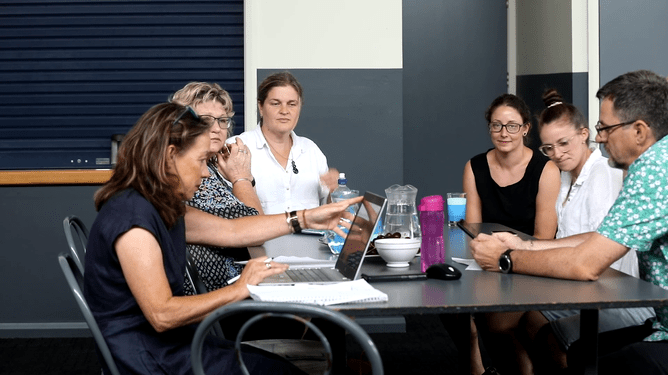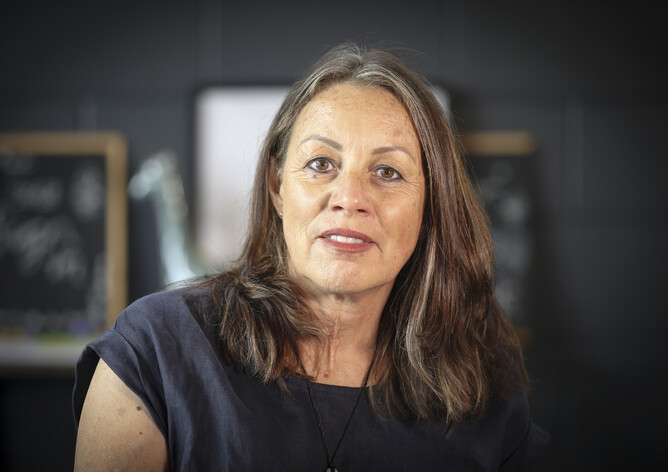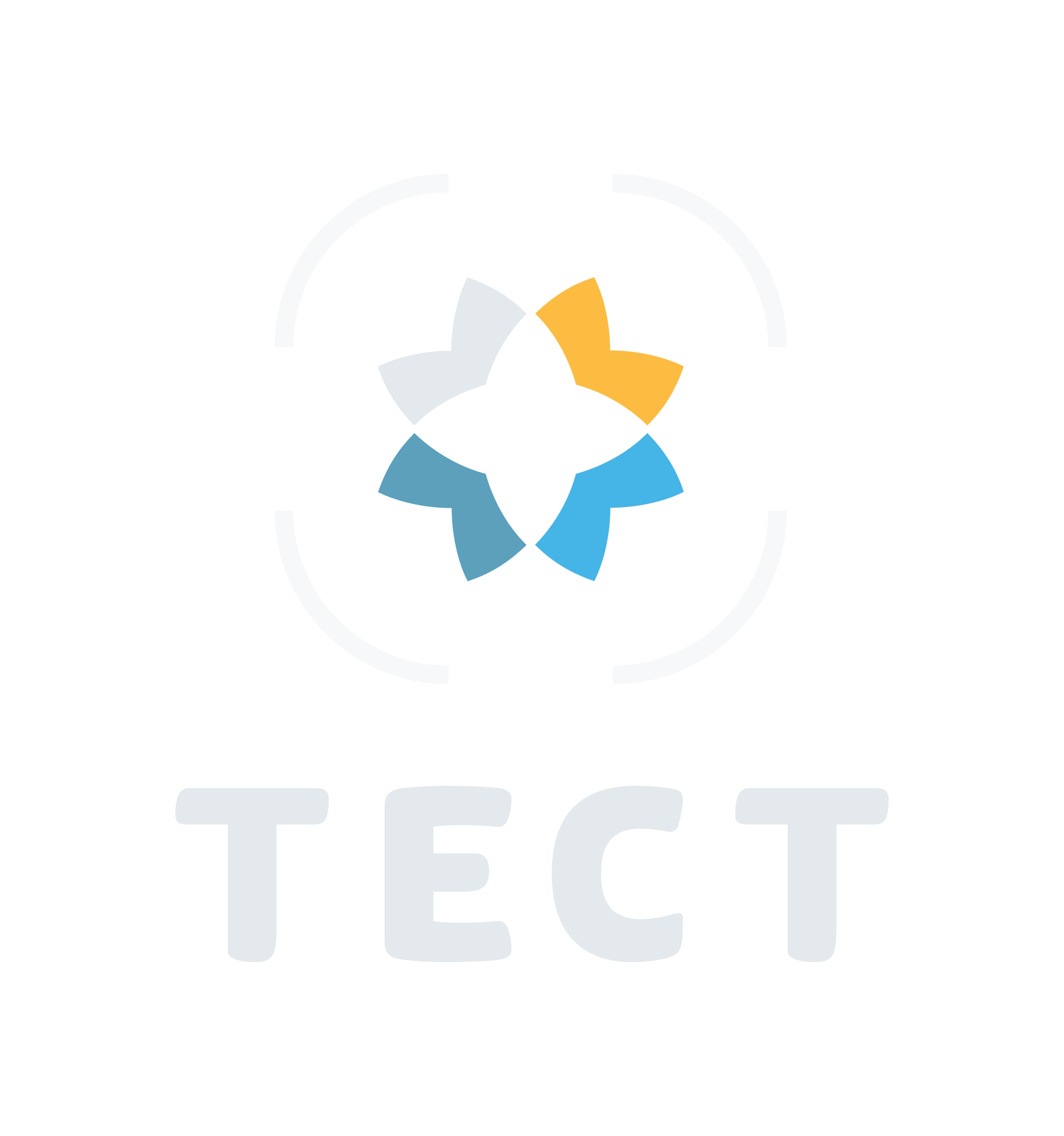A new housing solution service in Te Puke is helping facilitate housing options and support sustainable tenancies in the area.
The Te Puke Housing Solutions Service provides a linkage, brokerage, and advocacy service, including general advice on any housing and tenancy matters. A clinic is held twice a week for people to call or drop by for assistance.
Specific services include assisting with tenancy applications, support to access the Accommodation Supplement, support to establish or maintain a tenancy, liaising with landlords, providing templates for tenancy and boarding agreements, and referrals and liaison with healthy homes services.
Established by COLAB, the service has been operating for three months, with plans to integrate it more with existing services and agencies to build capability and create clear pathways for those that need it.
Chris Johnstone is the COLAB Coordinator. She says although the service is still in its early days, they are seeing great outcomes.
"The service is supporting vulnerable renters to ensure they can maintain their tenancy, and we are also referring tenants to other services such as social worker support and meals as needed.
"We're seeing some great outcomes already, with many people getting the support they need to get on the social housing waitlist, and we've had two or three people that have been housed.
"Even the simple things like help with filling out forms makes a big difference for so many people. Not everyone has access to a computer and the internet.
"Particularly, we are coming across older people, and they've never needed to do this before, so they don't know how to apply for a home. With most of this stuff done electronically now, the help goes a long way."
COLAB comprises over 60 individuals and organisations who are working collaboratively to create a connected, thriving community in Te Puke.
The group does this by communicating for the community from an advocacy perspective, connecting and networking to be aware of all resources available to the community, and through a number of creative initiatives across their key areas of focus.
The areas of focus over the next year include youth development and engagement, housing, community connection and cohesion, and responding to local trends and opportunities.
Chris says being a collective allows the group to be agile and adaptable, thereby enabling them to be responsive to local needs.
"The value of COLAB is that it is community-led, specifically it is led by people who live and or work in the Te Puke and Maketu ward, so they are very motivated to achieve positive short- and long-term outcomes for their community.
"We have made considerable traction over the past 12 months across all focus areas. COLAB initiated training opportunities such a Te Tiriti o Waitangi training, a Community Led Development workshop with Inspiring Communities, and Te Reo Maori classes in partnership with Toi Ohomai.
"A joint venture with Volunteering Bay of Plenty to establish a Te Puke-based Volunteer programme was also completed in May. They reviewed the community and looked at what the needs were, and we now have a plan on what that could look like going forward.
"Another key project COLAB has led is the Te Puke Maketu Placed Based Housing Assessment and Maori Land review. This work has resulted in us collecting and collating robust local data, which along with earlier findings will form the basis of a collaborative housing strategy for the Te Puke Maketu region."
COLAB also facilitated the Western Bay of Plenty District Council Long Term Plan consultation in Te Puke, supported Xmas in the Park and World Fest, and is currently supporting the Matariki festival.
COLAB was approved TECT funding for the first time in October last year, with $40,000 going towards operational purposes, including COLAB's identified community-led initiatives and activities.
Chris says COLAB was thrilled to gain TECT funding for the first time.
"It provided a level of financial surety that enabled us to plan the year ahead with greater confidence. This has been particularly important post-Covid.
"The funding was also approved to go towards the Te Puke Housing Solution Service. In lots of ways, it's enabled the service to go ahead and enabled me to have the time to set it up and now carry out a review of how it's been going. We are now looking at how we can get more organisations actively involved in it.
"COLAB also wanted to appoint a Community Wellbeing and Resilience Worker to work across the community to build community resilience post-Covid. The TECT funding has enabled COLAB to progress across all of these areas – we're so appreciative for their backing."
To learn more about COLAB, visit https://www.colabcommunity.nz/.





